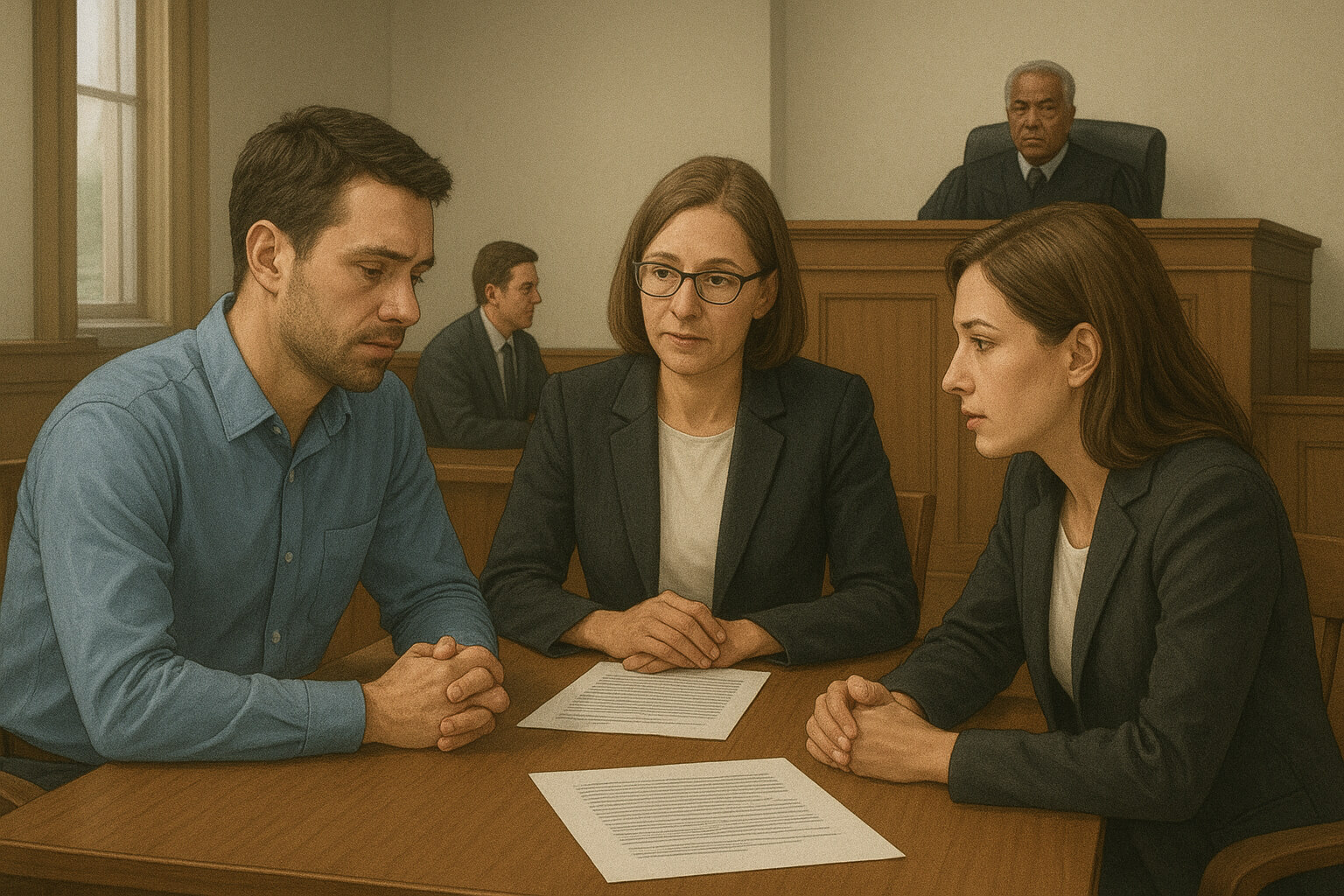September 16, 2025

When you're facing criminal charges, your choice of legal representation can significantly impact your future. One of the first decisions you’ll have to make is whether to work with a court-appointed public defender or hire a private criminal defense attorney. While both serve important roles in the justice system, there are clear differences in availability, attention, and legal strategy that could affect the outcome of your case.
Public defenders are often deeply experienced and dedicated, but they typically manage very high caseloads. This means they may have limited time to meet with you, return calls, or dig deeply into the unique facts of your case.
A private criminal defense attorney generally controls their caseload more carefully. As a result, they can devote more time to:
This level of personal attention can make a major difference—especially in cases where a small legal detail could shift the outcome.
Want to understand how fees work for private attorneys? Read: A Guide to Fee Structures for Criminal Defense Cases.
Public defenders may not always have immediate access to outside experts, forensic analysts, or private investigators unless approved by the court. That approval can be difficult to obtain or delayed due to budget constraints.
On the other hand, private attorneys typically have faster access to:
These resources can be crucial in building a strong defense, especially when challenging physical evidence or presenting an alternative theory of the case.
See a real-world application of this in: Case Study: Defending a Client Against Federal Drug Trafficking Charges.
Public defenders often focus on resolving cases quickly—typically through plea bargains. This is sometimes the best course of action, especially in overburdened court systems.
Private attorneys, with more time and resources, can explore a wider range of defense strategies, including:
If your case involves complex legal issues, significant jail time, or long-term consequences (like immigration status or professional licensing), having a private attorney’s strategic flexibility can be a powerful advantage.
For legal insight into defense strategy, consult the U.S. Department of Justice’s Criminal Resource Manual.
Public defenders are provided at no cost (or very low cost) to eligible defendants who cannot afford private counsel. This is often the best—and only—option for many individuals.
Private attorneys do require payment, which varies based on the nature and seriousness of the charges. While private representation may seem costly up front, it can prove valuable in the long run if it leads to:
A clear, written fee agreement should explain any retainer, hourly rate, and additional costs. Make sure to discuss this openly during your initial consultation.
Despite limited resources, many public defenders are exceptional attorneys. They are often in court daily, which gives them deep familiarity with local judges and prosecutors. Many have years of trial experience and are highly respected within the legal community.
A public defender may be the right choice if:
That said, it's always worth meeting with a private attorney—even just for a free consultation—to better understand your options.
Your choice of legal representation is one of the most important decisions you’ll make during your criminal case. If you’re facing serious charges—or charges that could affect your career, immigration status, or long-term freedom—it may be worth investing in a private attorney who can give your case the time and resources it truly needs.
If cost is a concern, remember: many private defense attorneys offer payment plans, flat fees, or sliding-scale rates, especially for first-time offenders.
Stay up to date with the latest tips, expert insights, product reviews, and step-by-step guides to help you grow, create, and succeed—no matter your industry or passion.